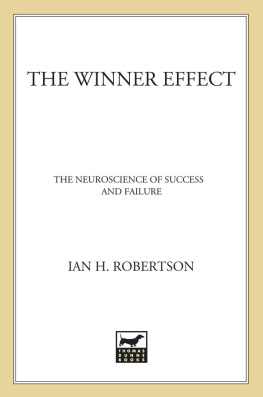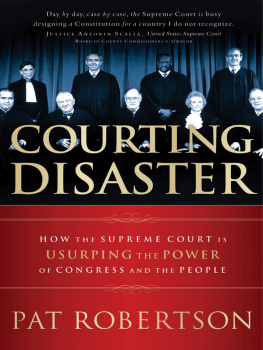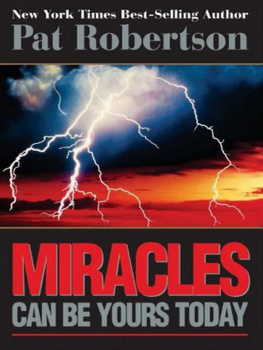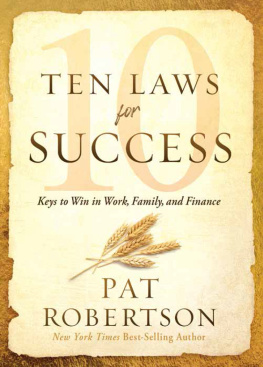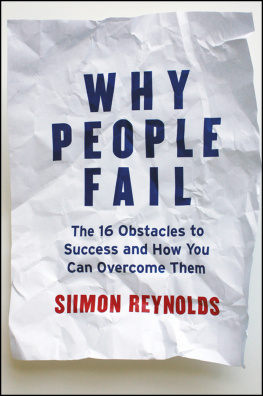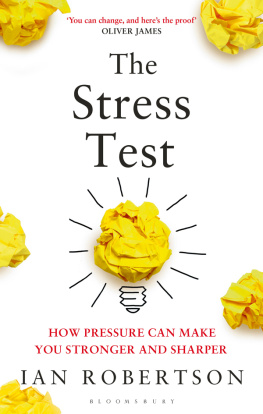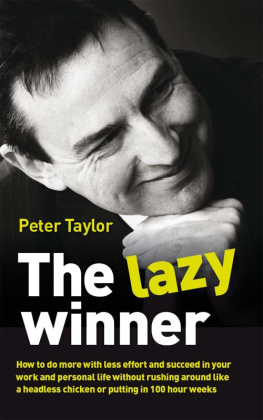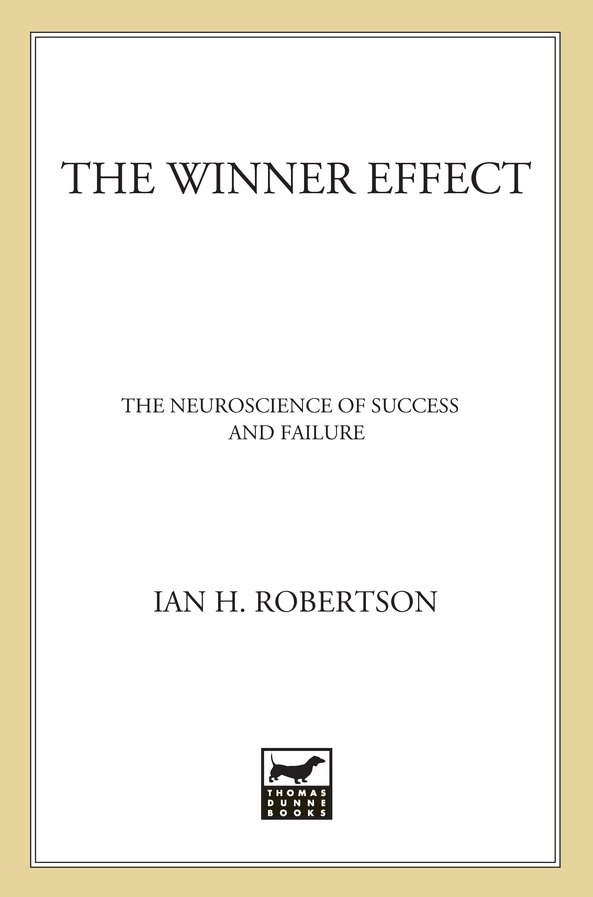This book would not have appeared without the creativity and encouragement of my agent Sally Holloway of Felicity Bryan Associates: she plucked the title from the text and helped me articulate what I wanted to say. Thanks so much also to Felicity Bryan for her immense help and judgement over many years and to Michele Topham and Jackie Head of Felicity Bryan Associates in Oxford. I am grateful also to Richard Pine of Inkwell Management in New York for his skill and enthusiasm in getting this book over the line. Peter Tallack was generous with his time in early discussions about the concept, so many thanks to him.
Bill Swainson of Bloomsbury has been unstinting in his encouragement and editorial skill; I am indebted to him, Nick Humphrey and his great team at Bloomsbury in London. I am also very grateful to Peter Joseph of St Martins Press for assiduous and intelligent editing and his generous encouragement.
A number of my friends and colleagues have contributed their time in reading sections of this book. My Monday-night tennis partners indulged me with their helpful comments, just as they tolerate my abysmal tennis thank you, Eamon ODoherty, Tom Shipsey and Edwin Allen. Sincere thanks to Shane OMara,Richard Piech, Redmond OConnell, Josh Balsters, Jane Ohlmeyer and Dan Bradley of Trinity College Dublin, who gave very helpful feedback, and to Matthew Fuxjager of the University of Wisconsin. I also really appreciate the help of Bobby, Philip and Feichin McDonagh, and Bill Shipsey for their careful reading and perspective thank you.
I am a cognitive neuroscientist, not a social psychologist, but this book has drawn heavily on the seminal publications of highly creative and remarkable social and cognitive psychologists. I would like to pay homage to the achievements of a number of these scientists, including: Dacher Keltner, Deborah Gruenfeld, Carol Dweck and Nathanael Fast of Stanford University, Adam Galinsky of Northwestern University, Joris Lammers of Tilburg University, John Bargh of Yale University, Oliver Schultheiss of the University of Erlangen, Roy Baumeister of Florida State University, Pamela Smith of the University of California at San Diego, Ana Guinote of University College London, Richard Nisbett and David Winter of the University of Michigan and many others. I apologise to the other fine scientists whose work I cite in this book for not mentioning them by name in these acknowledgements. I would also like to thank my colleagues at Trinity College Dublin for providing me with a wonderful academic environment in which to work.
Many thanks also to Geoffrey and Wendy Andrews and Steve ORahilly for their friendship, and we remember with affection and gratitude our dear Suzy Oakes, Steves wife, who died on 31 July 2011.
My brother Jim is an inspiration of eternal youth thanks for that, big bro.
Finally, to Fiona, my love and thanks for putting up with me for all these years and for teaching me so much about the mind. And to our dear and sparkling children Deirdre, Ruairiand Niall, you will recognise with a groan these words sung in perfect tune: Dont stop, never give up
Ian Robertson, Dublin, September 2011
Many writers succumb to the delusion that their books speak to the future of the world. Let me indulge myself in such a conceit: the world is suffering very serious environmental, social and military challenges. January 2011 showed that it is no longer possible to contain a situation where young men and women connected electronically to the wider world will tolerate extremes of political and economic inequality. With a burgeoning population exceeding the water, food and energy capacities of the world, a growing and spreading arsenal of weapons of mass destruction, and a threatened climatic meltdown, the human race has to take some very serious actions.
And perhaps the greatest obstacle to facing up to these questions is the difficulty of curbing the toxic effects of power on the brains of the people who will make decisions and policies to deal with the challenges. The minority of countries in the world which are democracies have developed a sophisticated set of mechanisms elections, independent judiciaries, a free press and so on of accountability, whose principal function is to prevent power holders becoming addicted to power and as a consequence neurologically deranged by it.
The world is slowly coming together to recognise and deal with global warming perhaps too late but still there is a huge move towards non-fossil energies, carbon capture, carbon trading and the like. What we need now is a similar, international effort to recognise and deal with the effects of power on the human brain.
Winning can be quite easy if we learn the tricks of manipulating other people. The human brain has similarities to a big multi-national corporation whose left hand often doesnt know what the right hand is doing and people can gain power over others by tricks which capitalise on this size and complexity. Dominating your family can also be easy you can apply more or less crude behavioural control methods, from physical threat and punishment to threat of abandonment and emotional blackmail. At home you can become a winner in the inevitable family battles for control.
At work the cute operator who is tuned to hierarchies can climb the greasy pole by using influence tricks, as well as old familiar methods like ingratiation, undermining competitors and bullying underlings. If the cute operators bosses are power-needy individuals driven by p-rather than s-power motivation, they will in their egotism tend to be blind to the machinations of those below them and will take flattery at face value as due homage to their greatness, in other words. And so they will succumb to the tricks and advance the ascent of their ambitious underlings.
The nurse responsible for the care of vulnerable people may, if their clients are unlucky, enjoy wielding the near-total power they have over these peoples lives. In their small princedom they will be an all-powerful winner. We know well now what the effects of power on the brain are and power given to the wrong person will make them see their clients as objects, not people.Their behaviour towards them will deteriorate and the consistency-seeking parts of their brains will rationalise this behaviour in their brains to make them develop a contempt and loathing for their clients.
The teacher who has the power to make or break careers by the grades they award and the instruction they offer may succeed in dominating generations of students, and the doctor, surgeon or psychologist who becomes too fond of the power they hold over their patients may come to abuse it. The police officer who has the power to arrest you and the prison officer who keeps you locked up in your cell are in positions of power where we are most familiar with the dangers of abuse. When these uniformed officers have a malign need to win for the wrong reasons, they can have their brains scrambled by the power they hold.
Karen was a winner in her battle with Chris, but it made her unhappy. David Kipnis and his colleagues, Power is like a drug, after all, and we know that while drugs can make us feel good in the short run, in the long term they can make us feel miserable. So should we be trying to eradicate this terrible drug? Is power a dangerous source of evil in the world?
Of course it is. But it is also a huge source of good and we call that good, leadership. Without the leadership of Winston Churchill and Franklin D. Roosevelt, for instance, I would likely be a loyal fascist citizen of the Greater German Empire and my children would be uniformed members of the HitlerYouth. Martin Luther King had the power to call out millions of supporters on to the streets and President Lula da Silva of Brazil helped make his country one of the worlds leading economies: they were leaders with power who used it for the benefit of countless people.

